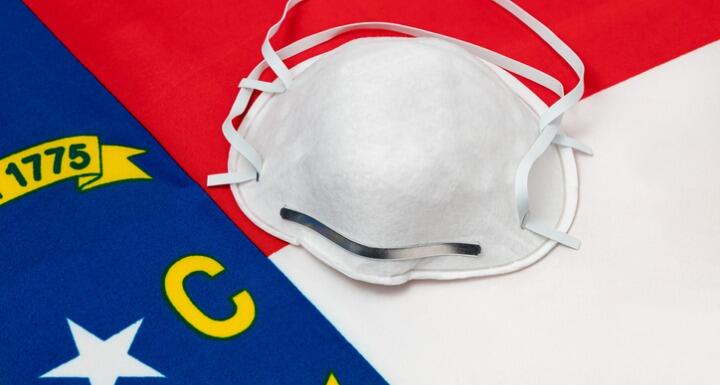In a series of Executive Orders, the most recent of which is Executive Order 163 dated September 1, 2020, Governor Roy Cooper implemented a "Safer at Home Phase 2.5" COVID-19 response plan.
While certain businesses, such as bars and theaters, remain prohibited from opening, Phase 2.5 allows others, such as restaurants and barber shops, to conduct business – up to fifty percent capacity. Mass gatherings have also increased to 25 for indoors and 50 for outdoors.
Due to concerns regarding employee and customer safety, however, not all businesses permitted to reopen have done so. Many businesses have not reopened for fear of liability that may result from an employee or customer contracting COVID-19.
Thankfully for many businesses struggling in the wake of the outbreak, House Bill 118 (also known as Session Law 2020-89), signed into law July 2, 2020, offers certain liability protections to North Carolina businesses. House Bill 118 provides that businesses, which create COVID-19 mitigation plans are protected from claims that a person contracted COVID-19 based on the property owner or business owner's negligent act. The law is intended to encourage North Carolina businesses and industry to continue reopening by stemming fear doing so may result in legal action related to COVID-19. Without it, if a restaurant patron contracted COVID-19, that individual could seek monetary damages from the restaurant, alleging in a lawsuit that the restaurant failed to take appropriate measures to limit exposure to the virus.
To avail of the protections afforded by Bill 118, businesses are required to provide reasonable notice at their premises of the actions taken to reduce the spread of COVID-19. Even if an employee or customer does not comply with the posted notice, however, the business will remains protected. This ensures businesses will not be held liable, for example, if a customer refuses to wear a face covering and transmits COVID-19 to another customer or employee.
While protections afforded by House Bill 118 are relatively broad, they are not without limitation. In particular, the law does not protect businesses from claims based on gross negligence, willful or wanton action, or intentional wrongdoing, nor does it protect businesses from workers' compensation claims. Moreover, the protections apply only to claims that arise within six months of the rescission or expiration of the Governor's declaration of a state of emergency pursuant to Executive Order 116.
House Bill 118 affords these protections effective March 10, 2020, but the protections expire automatically 180 days after the Governor's original COVID-19 order, Executive Order 116, expires or is rescinded. That is, the incident giving rise to a possible lawsuit will need to have occurred within that time frame. The timing of a claim and the facts of the dates involved are likely to create confusion and dispute later.
Businesses that have recently resumed operations or contemplate doing so would be wise to implement a COVID-19 mitigation plan. Our COVID-19 Response Team and business and litigation attorneys stand ready to work with you and your management team to effectively implement a COVID-19 mitigation plan and to address any claims which result from exposure of your employees and customers to COVID-19.








